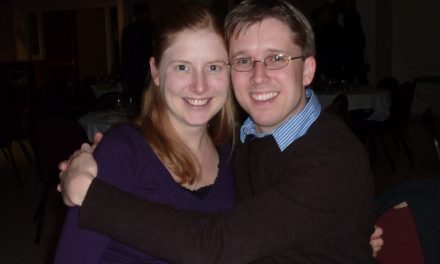Saturday brings with it the birth of a new nation: the Republic of South Sudan. By now, the history which led us to this point is fairly well known. Catholic Relief Services reminds us that the 1983 enforcement of Sharia law launched a horrific 20 year civil war, the 2005 peace agreement that suspended fighting, and then the January 9 referendum during which southern Sudanese almost unanimously chose independence.
Though it all, there was one organization that on which people of all sides could count:
Using Catholic social teaching as a guide, the Church committed itself to upholding human rights and helping people lead their lives as normally as possible. At the height of the violence, the Church found ways to tend to sick people, run schools and negotiate peace in communities fractured by tribal conflicts.
Without taking sides, the Church offered a haven where people could worship, share their concerns and mourn their losses. By listening to their concerns, the Church gave the Sudanese people a voice and acted as guide to their collective conscience.
But they are hardly out of the woods. This new country will begin as one of the poorest in the world, and it looks like this problem will get worse in the short term:
The vote showed the world that a peaceful transformation is possible, yet the coming years will be difficult. Returnees continue to flood the south, further straining already limited resources. Those who fled during the war will have to learn to live again as southerners, and the generation of young people who were robbed of an education will need to learn how to build a future from a past mired in bloodshed.
“This vote is just the beginning,” says Tom Purekal, CRS program manager for peacebuilding and governance. “With the demand on basic services both by host communities and now returnees, the struggle for sheer survival in the face of limited resources means that the potential for violence remains. It could push people—who under normal circumstances would not act violently—to resort to violence out of desperation.”
Someone who was affected by this kind of violence in a very personal way is Bishop Eduardo Hiiboro Kussala. As a baby, he was orphaned when a military raid on his village resulted in the death of his mother and sister. The soldiers left him unharmed and, even though they typically burned down houses during such raids, they didn’t touch his family’s house. His life spared, he went on to become educated in a country where illiteracy rates are high, eventually joining the seminary. He has now devoted his life to preaching peace in his native Sudan.
But in a message to the world, as especially to Roman Catholics, he has personally asked us to support the all important early stages of his new country’s growth. Listen to the message and give a birthday present to South Sudan here.



